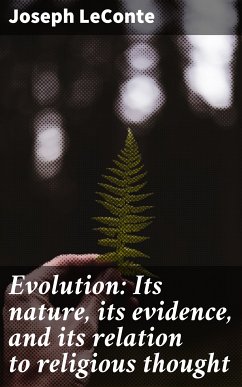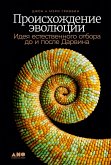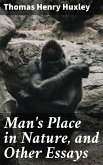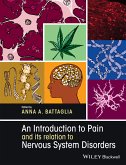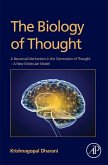In "Evolution: Its Nature, Its Evidence, and Its Relation to Religious Thought," Joseph LeConte navigates the intricate interface between evolutionary biology and religious belief. Written with clarity and precision, LeConte adopts a didactic literary style that is accessible yet intellectually rigorous, employing scientific evidence to advocate for evolution while addressing its philosophical and theological implications. The book emerges from the late 19th-century context, a pivotal era for both scientific discovery and theological debate, as it reconciles the emerging paradigm of Darwinian evolution with the prevailing Christian doctrines of the time. Joseph LeConte was a prominent American naturalist and educator who played a vital role in promoting the study of geology and evolutionary theory in the American scientific community. His academic background and fervent faith shaped his perspective, leading him to explore how evolutionary science could coexist with, and even enrich, religious thought. LeConte's unique position as a scientist deeply rooted in spiritual belief provides a compelling narrative that encourages readers to reflect on the compatibility of faith and reason. This book is highly recommended for anyone interested in the convergence of science and religion, as it offers a reasoned and heartfelt argument that illuminates the philosophical underpinnings of evolution. LeConte's thoughtful discourse invites readers to grapple with profound questions about existence, belief, and the natural world, making it an essential read for both scholars and curious minds alike.
Dieser Download kann aus rechtlichen Gründen nur mit Rechnungsadresse in A, B, BG, CY, CZ, D, DK, EW, E, FIN, F, GR, H, IRL, I, LT, L, LR, M, NL, PL, P, R, S, SLO, SK ausgeliefert werden.

